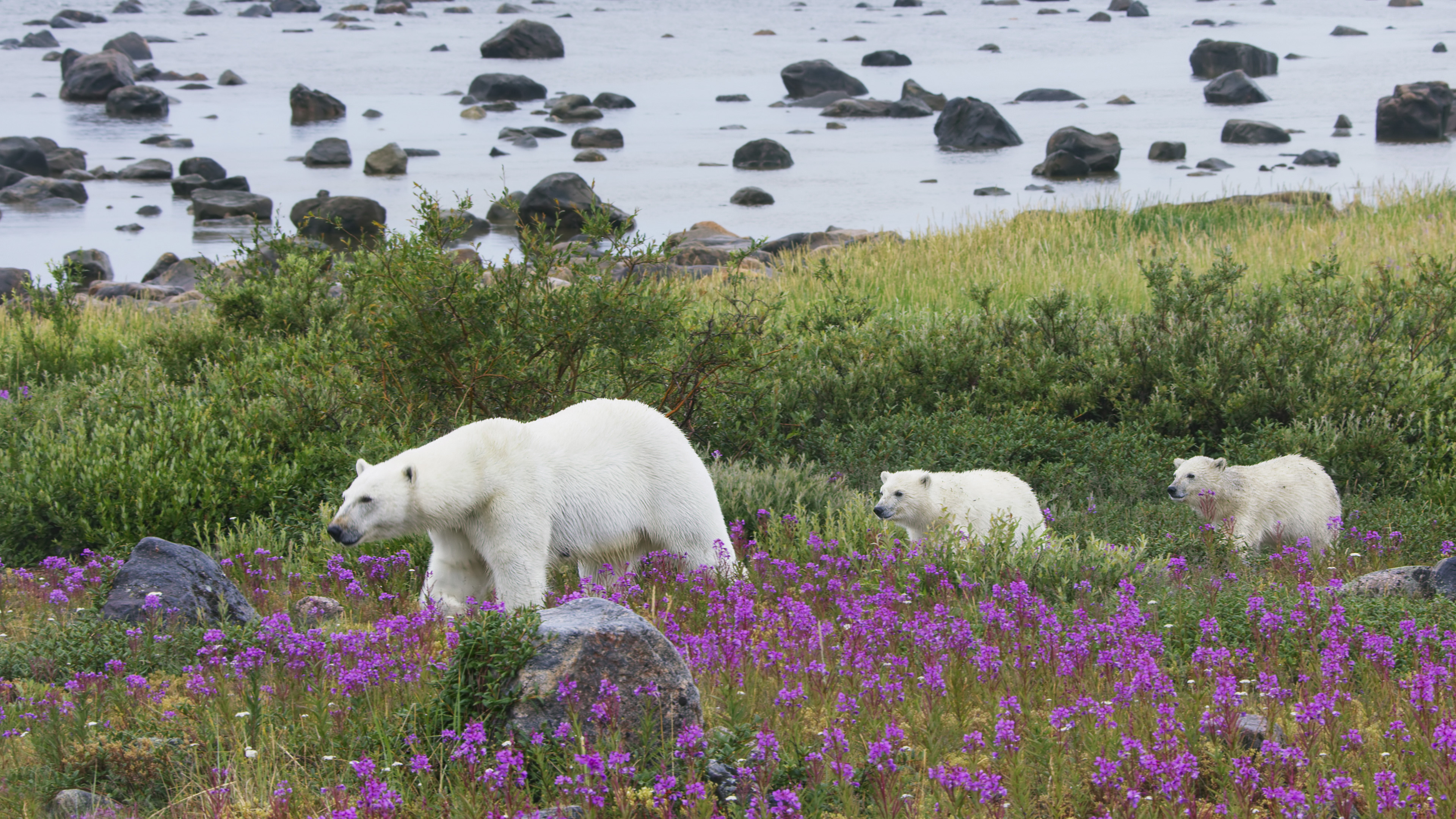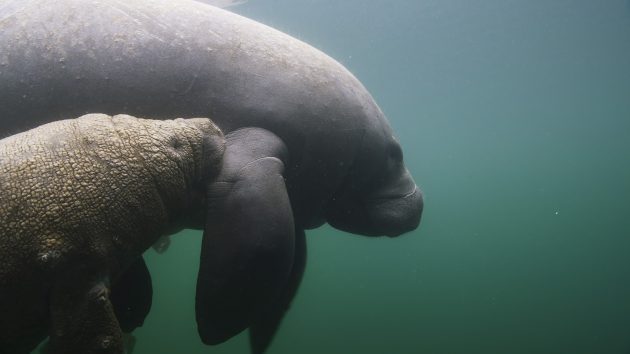Seven Worlds, One Planet - BBC1

The latest updates, reviews and unmissable series to watch and more!
You are now subscribed
Your newsletter sign-up was successful
Want to add more newsletters?

ONCE A WEEK
What to Watch
Get all the latest TV news and movie reviews, streaming recommendations and exclusive interviews sent directly to your inbox each week in a newsletter put together by our experts just for you.

ONCE A WEEK
What to Watch Soapbox
Sign up to our new soap newsletter to get all the latest news, spoilers and gossip from the biggest US soaps sent straight to your inbox… so you never miss a moment of the drama!
In Seven Worlds, One Planet this week, David Attenborough and the crack teams of camera magicians are in North America
Seven Worlds, One Planet has shown us some extraordinary animals living in the most remote corners of our planet (Sunday, 6.20pm, see our TV Guide for full details).
But as the latest collaboration between David Attenborough and BBC Studios continues, there’s another salient lesson about how we humans are destroying our planet’s wildlife in this week’s episode, which looks at North America.

Every year more than 100 manatees die after interacting with humans and thousands bear the scars inflicted from the propellers of boats.
"Manatees are amazing," producer Scott Alexander told TV Times. "When the water gets cold in winter, it’ll kill a mother manatee’s calf.
"She has to take her calf on this epic 100-mile trip through the waterways and swamps and she has to remember where a certain hot spring is to basically keep her calf alive."
MORE: David Attenborough in What's On TV
The latest updates, reviews and unmissable series to watch and more!
Then there are the polar bears of Hudson Bay, Canada, which face starvation as the summers become longer and hotter thanks to climate change.
Refusing to be defeated, though, these clever bears have found a completely new food source – beluga whales, which they pounce on from rocks close to the shore.
Their extraordinary behaviour has only been recorded in this tiny corner of North America and only in the last few years, but it offers a tiny glimmer of hope…
TV Times rating: *****

